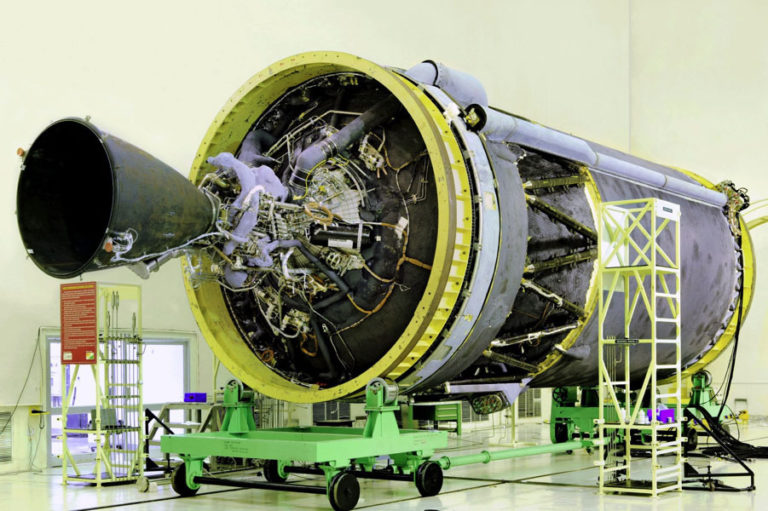Sandhya Ramesh • Aug 24, 2018
India says it will send a human to space by 2022
On August 15, during India's Independence Day celebrations, Prime Minister Narendra Modi made a surprising announcement: The country will send a humans to space by 2022.
"Our country has made great progress in space," he said. "But our scientists have a dream. By 2022, when it would be 75 years of Independence, an Indian—be it a man or a woman — will go to space with the tricolour flag in their hands." (Video of announcement in Hindi)
Such a feat would make India just the fourth country to put a human into space, after Russia, the United States, and China. But it was soon revealed that the announcement came as a surprise to many people within ISRO, the country's space agency.
"We were not expecting it," said ISRO chairman K. Sivan in a press conference, before adding, "It is not an unrealistic schedule. We are confident of achieving it even before 2022."

ISRO is no stranger to being slapped with a deadline and then banding together to meet it. The Mars Orbiter Mission was completed and launched in just 18 months. However, the country's human spaceflight program has been in the works for well over a decade now. The original plan, as decided in 2004, was to develop a two-stage-to-orbit reusable vehicle by 2020. But despite an initial budget of ₹15,000 crores ($2.1 billion), the program did not materialise due to lack of funding from the then-central government.
Since then, ISRO has managed to develop in-house tech over the years that helped shave the budget down to ₹9000 crores ($1.3 billion).
In an interview aired just three days before Prime Minister Modi's address, Chairman Sivan said that much of the tech needed for human spaceflight is already in place.
Several critical program components have already been developed and demonstrated. The Environmental Control and Life Support System (ECLSS) is purportedly ready. The crew module atmospheric reentry and heat shield were successfully tested in 2014, after a launch atop the GSLV Mk III. The Crew Escape System (CES) and its parachutes were tested successfully this July in a Pad Abort Test at Sriharikota. ISRO has also developed a prototype for a spacesuit, in the traditional orange color, though there aren't any details available about the suit yet.
The GSLV Mk III itself has flown twice successfully, once suborbital and once to geostationary orbit. Sivan said human rating the vehicle can be easily achieved, as it is "more reliable, requires less number of components, and is over-designed."
"What is required is infrastructure within ISRO like control centres, launch pad modifications, building the actual vehicle, and creating the module," said Sivan. What ISRO also has seemingly not ventured into yet with solid prototypes or results are crew support systems.
The organisation plans to perform at least two uncrewed tests before sending three people to low-Earth orbit (300 to 400 kilometres), where they would stay for a week. The first of these tests is expected to take place in 2020.

Indian astronauts would be most likely be called either "vyomanauts" or "gaganauts". Both "vyom" and "gagan" translate to 'sky' in Sanskrit and Hindi respectively. Astronaut selection will be from a pool of Air Force personnel over the next year, and training is expected to take place in both India and other countries. The local training center, to be called Astronaut Training and Biomedical Engineering Centre, would be set up near the Bengaluru airport for future missions.
Directing the human spaceflight program will be V.R. Lalithambika, the former deputy director at the Vikram Sarabhai Space Centre (VSSC). She has been with ISRO since 1988 and has an impressive track record of working with the design of every rocket built by the organisation. A control engineer by training, she's primarily worked on fuel optimisation and autopilot design for rockets.
The only Indian citizen to have been in space is Rtd. Wing Commander Rakesh Sharma, who flew aboard a Soviet Soyuz vehicle in 1984, as part of the Intercosmos program.
Support our core enterprises
Your support powers our mission to explore worlds, find life, and defend Earth. You make all the difference when you make a gift. Give today!
Donate

 Explore Worlds
Explore Worlds Find Life
Find Life Defend Earth
Defend Earth

